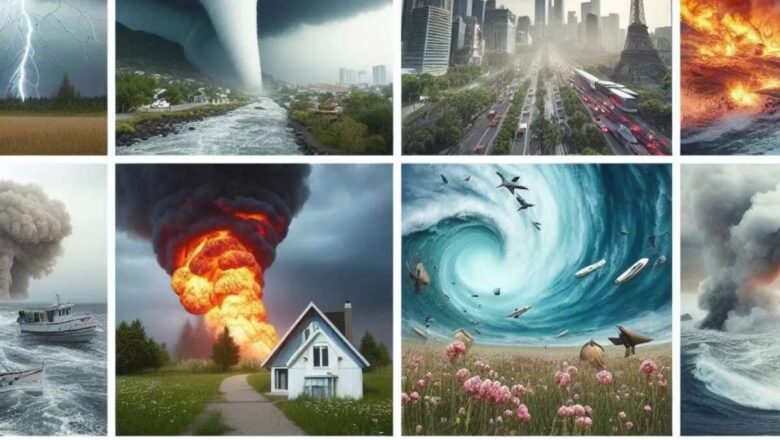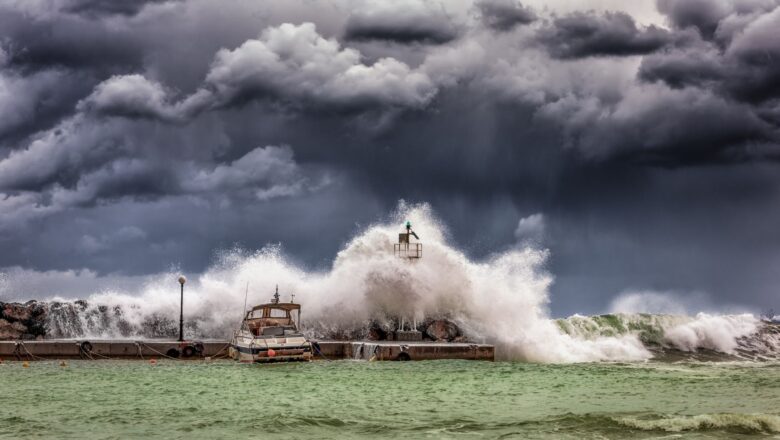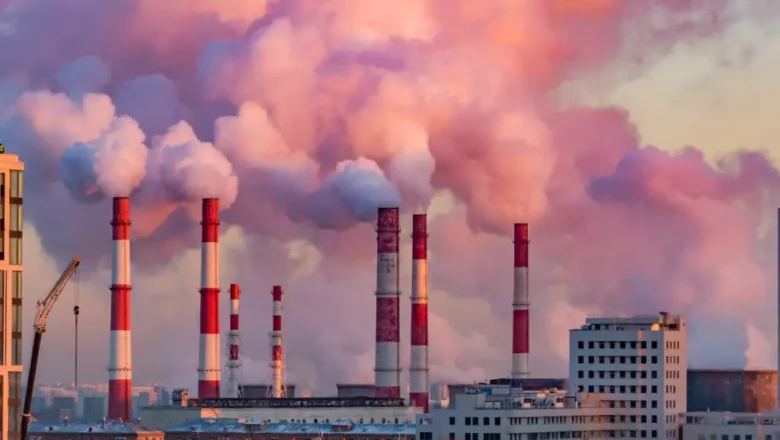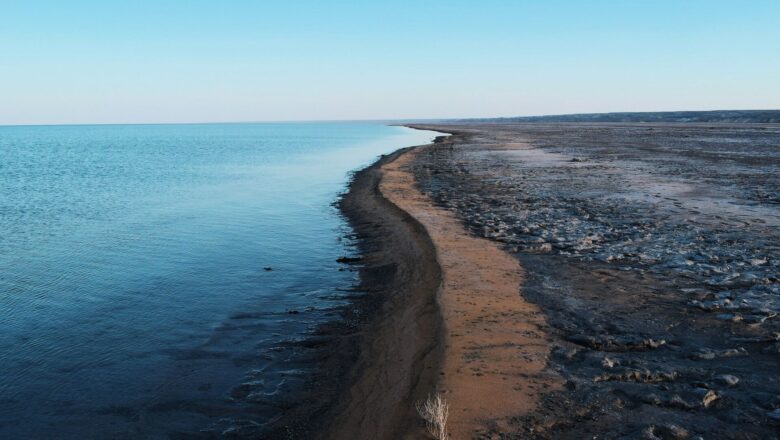
Extreme Weather Surges Cost Trillions, Exposing Insurance Gaps and Need for Climate Resilience
Rising losses from floods, fires and storms reveal urgent call for public-private action in climate risk management.
Over the last decade, extreme weather events from tornados and hurricanes to floods and wildfires have inflicted a staggering toll on both people and economies worldwide. Between 2014 and 2023, these events caused around USD 2 trillion in economic losses globally, and the outlook is only becoming more concerning.
Driven by shifting climate patterns, storms are growing more frequent and severe, with rising sea levels, erratic precipitation, and warming temperatures disrupting ecosystems, food production, and public health. The compounding impact of these changes threatens to cause long-term environmental and financial damage.
Insurance supports recovery but cover...






